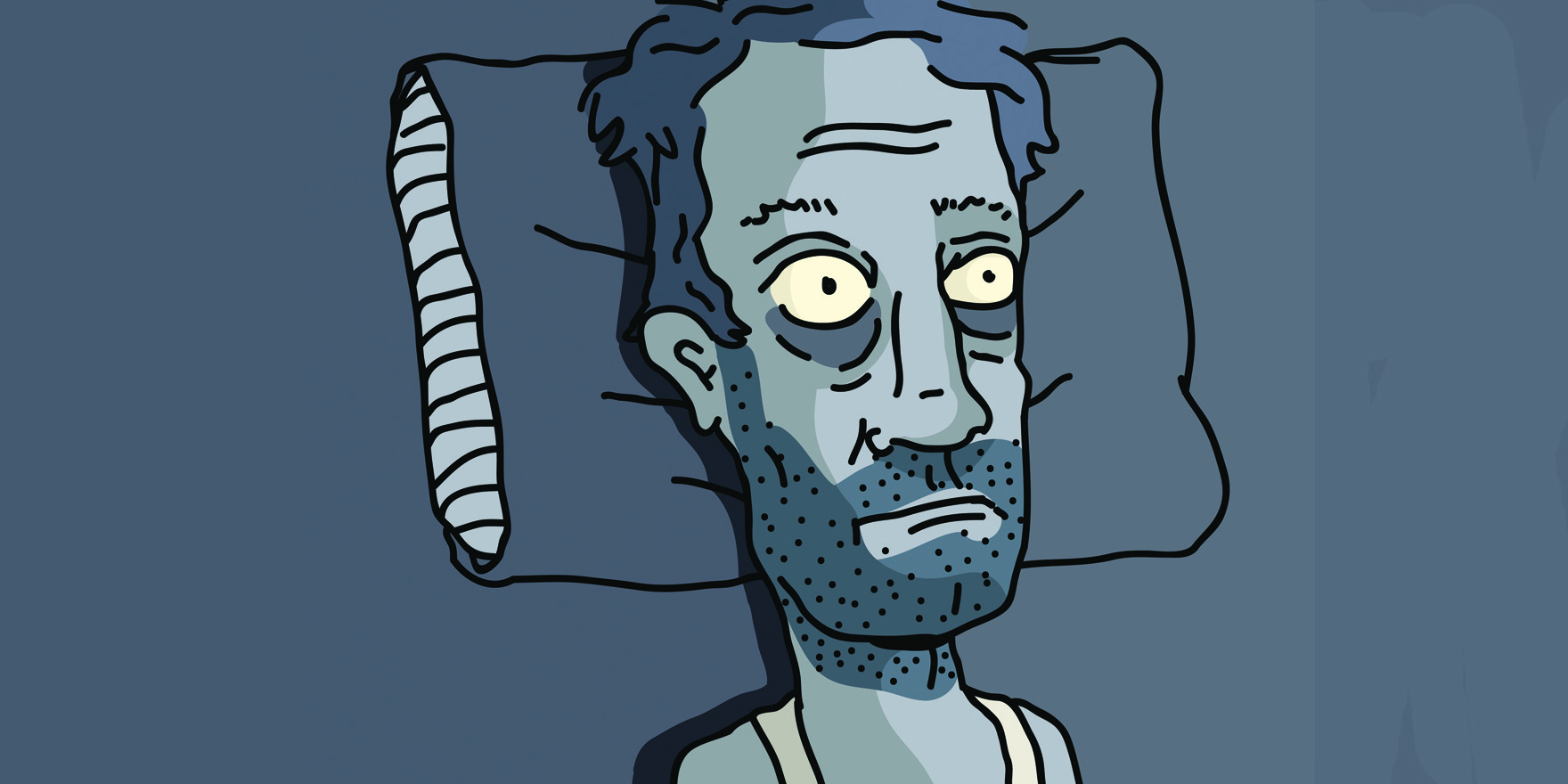Patients needing long-term pharmacotherapy for sleep problems now have an alternative to melatonin
Patients needing long-term pharmacotherapy for sleep problems now have an alternative to melatonin, with the approval of a new class of insomnia drug in Australia.
Suvorexant (Belsomra, MSD) inhibits orexin neuropeptides, which are key to promoting wakefulness, and it is not thought to have the same problems with addiction or dependency as benzodiazepines and Z drugs.
As a result, the TGA has approved the drug for indefinite use, providing patients are re-evaluated at three months.
Melbourne sleep expert Dr David Cunnington told TMR the safety profile and the lack of an endpoint for prescribing the drug positions it as a viable alternative to the other long-term insomnia drug, melatonin.
A pack of 30 tablets cost around $60, and patients are recommended to have a 20mg tablet once nightly, or 15mg if aged 65 and older.
Research comparing suvorexant to a placebo found the drug improved sleep onset by 11 minutes on the first night and nine minutes after the first month, but by month three the difference was not statistically significant.
Similarly, patients taking suvorexant had better sleep maintenance, sleeping 35 minutes longer on the first night compared to the placebo group, 25 minutes longer after the first month and 23 minutes longer at month three.
Total sleep time was also significantly more at each time point for patients in the intervention group.
A recent review in Australian Prescriber warned that the drug should not be used in patients taking ciprofloxacin, clarithromycin, azole antifungal drugs and grapefruit juice.
Patients are advised to take the medication within 30 minutes of going to bed and no fewer than seven hours before the planned time of waking.
Dr Anup Desai, sleep physician at the Sydney Sleep Centre, welcomed the development and introduction of new drugs with fewer apparent issues of dependency.
It was important to assess the patient at three months to determine if the medication was still effective, and if the patient had addressed lifestyle factors that may have contributed to the insomnia, he added.
Both doctors emphasised the need for non-pharmacological interventions as a first-line approach where possible.
Despite being billed as a safer alternative to benzodiazepines, the drug has been the subject of controversy in the US.
Suvorexant was approved there in early 2015, and in the beginning of 2016 the Institute for Safe Medication Practices revealed the FDA had received more than 1000 complaints about the drug. The majority were that the drug didn’t work, but a large group also reported disturbed sleep, including nightmares, hallucinations, sleep paralysis and sleep walking.
Others also reported side effects of agitation, anxiety, tremors and palpitations.
MSD listed precautions such as CNS depressant effects and impairment of driving and other activities requiring mental alertness. The company also recommended patients not drive until they feel fully awake.
Dr Cunnington has received payment for participating on advisory boards and in clinical trials sponsored by MSD.
J of Clin Sleep Med 2016; online 15 September


